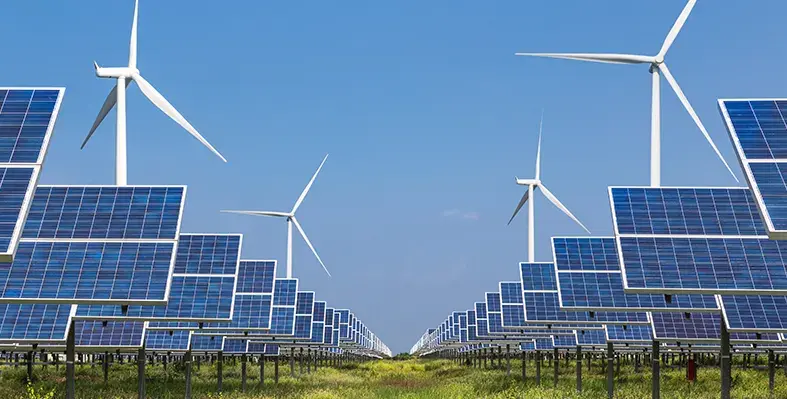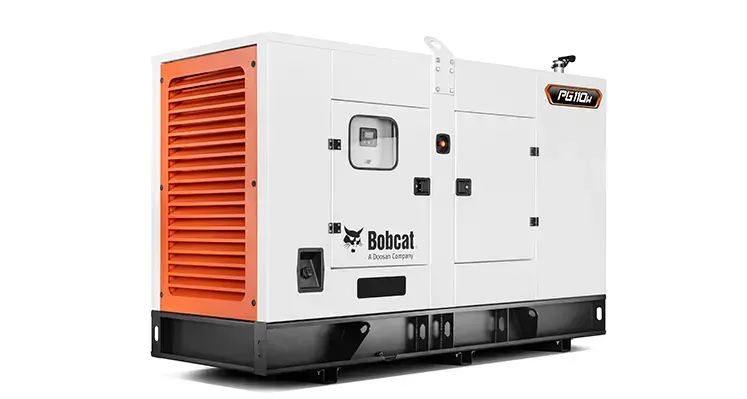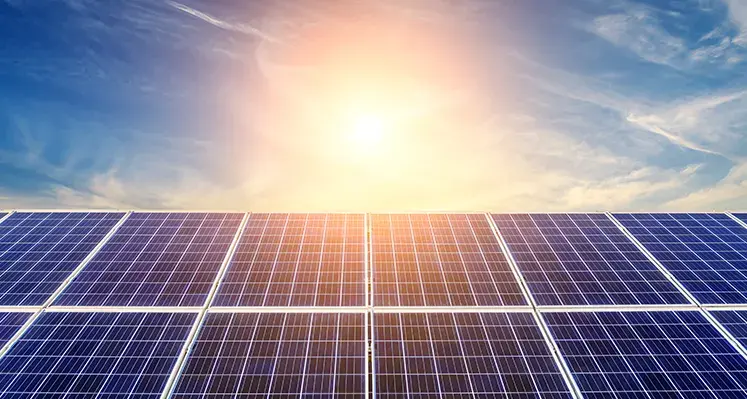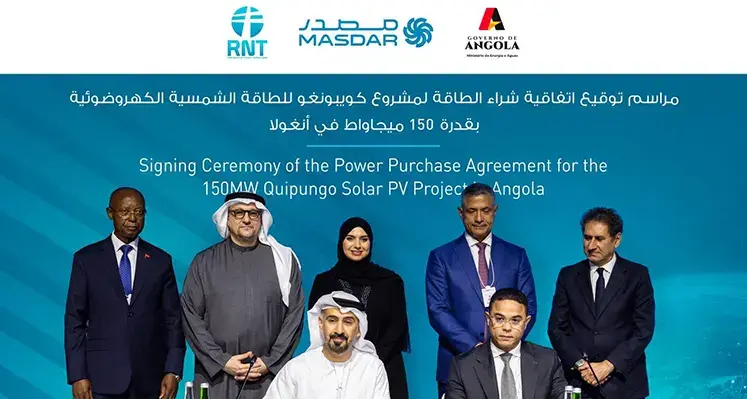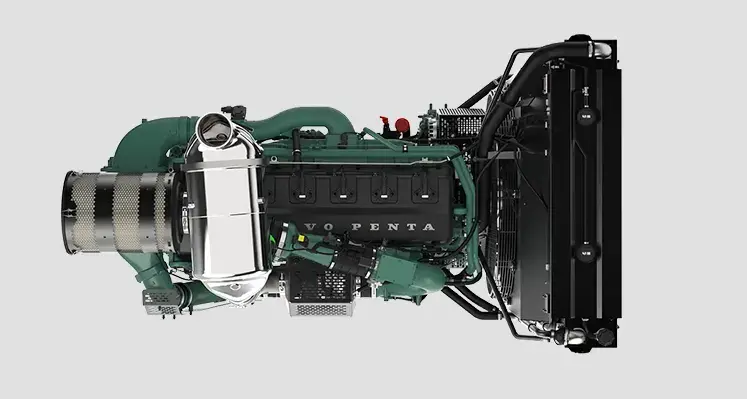
Volvo Penta introduces the G17 natural gas engine to deliver scalable, lower-emission backup power for data centres, utilities & mission-critical infrastructure. (Image source: Volvo Penta)
Rising global energy demand, fuelled largely by data centres, utilities and other mission-critical infrastructure, is increasing the need for backup power solutions that are reliable, scalable and lower in emissions. In response, Volvo Penta has introduced its new G17 natural gas engine, designed to support these fast-growing sectors with dependable and flexible power generation
The G17 natural gas engine complements Volvo Penta’s established D17 genset platform and marks an important milestone in the company’s broader transformation strategy. It delivers fuel flexibility, scalable output and a clear pathway towards a more resilient and lower-carbon energy system.
“The energy transition isn’t one-size-fits-all. It requires multiple technologies and fuel pathways working in parallel,” said Kristian Vekas, product manager for Industrial Power Generation at Volvo Penta.
“The G17 expands our power generation portfolio with a gas option engineered to meet rising global demand for dependable, lower-emission solutions that are backed by the strength of the Volvo Group and our global support network. It reflects our commitment to providing customers with fit-for-purpose solutions to support their energy objectives as the landscape continues to evolve.”
Developed on the same robust platform as the D17 engine, the G17 is a 17-litre, six-cylinder, spark-ignited unit capable of operating on both conventional pipeline-quality natural gas and renewable natural gas. This dual-fuel capability enables customers to lower carbon intensity today without compromising the performance, reliability or uptime required for critical operations.
Pipeline-ready natural gas capability
The G17’s ability to run directly on pipeline-quality natural gas or renewable natural gas offers a practical, lower-carbon alternative to diesel in applications where continuous availability and environmental performance are essential. Direct connection to existing gas networks simplifies installation and removes the need for additional fuel-conditioning equipment.
“The G17 is engineered to deliver lower emissions without trade-offs,” said Vekas. “Its flexible fuel capability helps reduce carbon intensity while maintaining the power density, responsiveness and durability customers expect from Volvo Penta’s heavy-duty platform.”
Rated at approximately 450 kWe at 1,800 rpm, the engine delivers high output from a compact design. Its smaller enclosure can reduce installation space requirements and housing material costs, while fast load acceptance and rapid power response help ensure stable operation during grid disturbances or peak demand events.
Designed for flexibility and efficiency
The G17 has been developed with emissions performance in mind, targeting reduced NOₓ and particulate matter. Features such as advanced combustion management, low-pressure Exhaust Gas Recirculation (EGR) and a high-efficiency three-way catalyst enable compliance with U.S. EPA stationary power application standards. This makes the engine particularly suitable for operators with strong ESG priorities or those working within strict air-quality regulations.
Its compact, stackable architecture makes the G17 well suited for space-constrained environments such as data centres. The engine can also form part of hybrid energy systems that combine internal combustion engines with renewable fuels and battery storage. This modular approach allows power systems to scale and adapt as demand evolves. Lower potential fuel costs compared with diesel and reduced noise levels further improve economic viability and community acceptance.
Leveraging Volvo Group’s proven automotive-scale technology, the G17 is built on platforms trusted worldwide in demanding heavy-duty applications. With the same footprint and cooling configuration as the D16 and D17 engines, it supports straightforward installation and retrofit projects. Delivered as a fully integrated OEM solution, the engine’s simplified component layout and reduced cylinder count enhance serviceability and can help lower total cost of ownership over its operational life.








